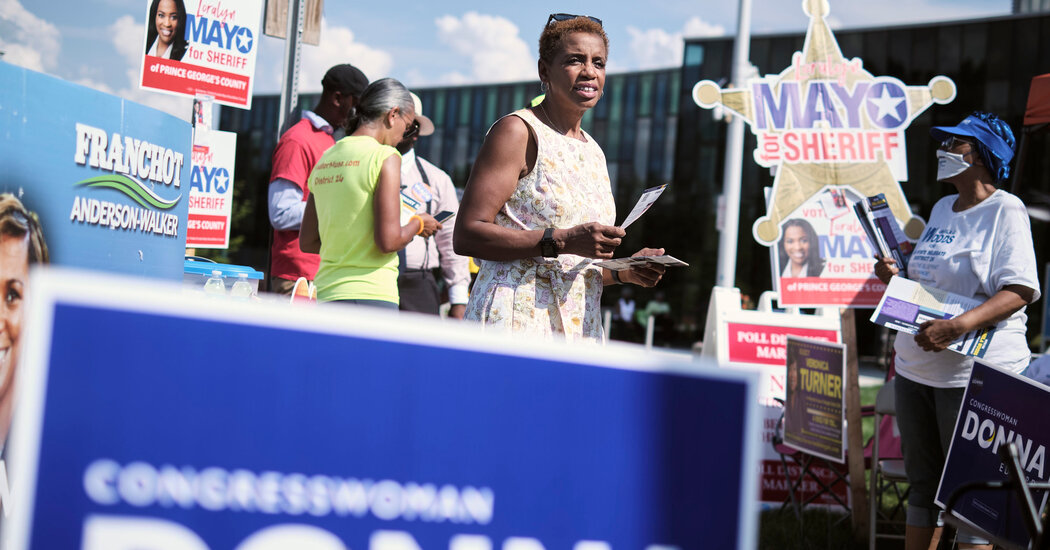The showdown Tuesday in Maryland is only the latest. The politics of the Israeli-Palestinian divide have roiled Democratic House primaries in South Te
The showdown Tuesday in Maryland is only the latest. The politics of the Israeli-Palestinian divide have roiled Democratic House primaries in South Texas, Cleveland, North Carolina, Illinois, California and Pennsylvania. And for Michigan’s August primary, the AIPAC affiliate and the Democratic Majority for Israel have lined up behind a moderate congresswoman, Haley Stevens, who is Christian, in her incumbent-versus-incumbent primary against a more progressive Democrat, Andy Levin, who is Jewish — a reminder that in the political world created by Mr. Trump, being Jewish is no longer equated with being “pro-Israel.” Indeed, the Israeli right now views evangelical Christians as a much larger and more powerful ally than American Jews.
AIPAC is also seeking to defeat the House’s only Palestinian member, Representative Rashida Tlaib, in Detroit.
“Our goal is to build the broadest pro-Israel bipartisan coalition in Congress, period,” Mr. Dorton said.
The effort, remarkable for AIPAC, which until now has tried to keep its political interventions sotto voce, has yielded heated accusations of ethnic bias and deep concern that, rather than fortifying the Israeli government’s support within the Democratic Party, the groups are turning a tougher stance toward Israel and a forthright position supporting Palestinian autonomy into a litmus test for progressives.
“When an organization endorses, it’s essentially the political version of, ‘you’re with us or you’re against us.’ You’re creating a black-and-white scenario,” said Julie Rayman, senior director of policy and political affairs at the American Jewish Committee, which does not intervene in political races.
Mr. Ben-Ami is more direct.
“We’re about saving the space to preserve American policies that are more balanced, that push back on some of the things that are happening on the ground in Israel,” he said, adding, “AIPAC is trying to shut down the discussion and impose a political cost” on those who speak out.
www.nytimes.com
